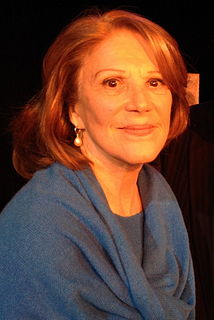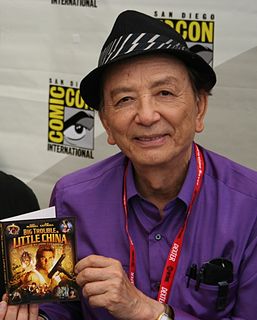A Quote by Jojo Moyes
If I don't cry while writing a key emotional scene, my gut feeling is it's failed.
Related Quotes
Managers used to say, 'I have a gut feeling.' Do you know what a gut feeling is for a professional manager? It's a pattern that they recognize. But if your system can recognize that pattern, if it's not just a couple of managers who know that pattern, then the system's gut feeling can tell you which way to go. That's really liberating.
have a much harder time writing stories than novels. I need the expansiveness of a novel and the propulsive energy it provides. When I think about scene - and when I teach scene writing - I'm thinking about questions. What questions are raised by a scene? What questions are answered? What questions persist from scene to scene to scene?
'Everwood' I think provides a unique feeling, an emotional experience. And other shows on TV don't have the acting talent to do that. Each one of our actors can do a serious scene and a humorous scene, and can do it all within the same sequence. They can go from a heartbreaking moment to a humorous moment.
When I'm creating a character, it's a little bit like what my theater teachers used to tell me about Stanislavsky, like if you're using sense memory to do a scene - if you have to cry in a scene, you try to remember something in your life that made you cry and you use that in order to get the tears.
It's not always a conscious thing - I've never been that artist to come to the recording session with a concept of an album; I am a lot more intuitive. I usually start with the music and try to catch a feeling, a gut feeling. And then you need to do interviews and explain yourself more, in words. But during the process it's really about the gut feeling, and it's hard to explain. You're trying to find those moods that make you feel something, I guess.







































